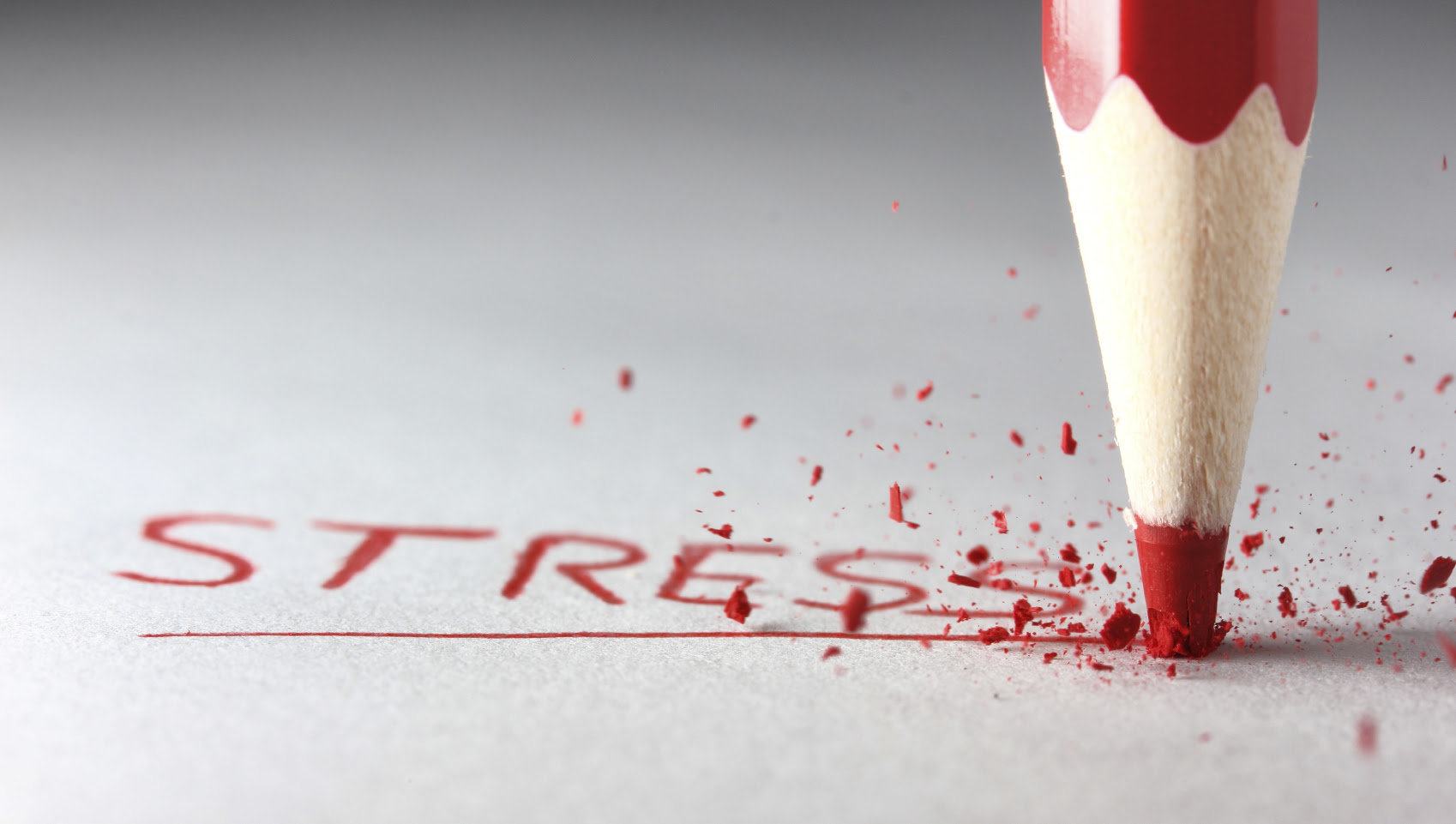STRESS: Excessive stress plagues the daily lives of teenagers, potentially damaging their futures.
by Chance Ornelas-Skarin, Staff Writer
Caffeine consumption rises to new heights as people obtain their daily fixes just to carry out everyday tasks. Teen consumption of caffeine is so prevalent that half of the teenage population drinks at least one energy drink per day according to Global Post News. Newport Academy, a rehab center for teens, stated that caffeine is the “‘brain fuel’ of our fast-paced culture, helping us keep up with the frenetic pace of modern life.” WebMD states that caffeine “causes mild physical dependence.” Not only is caffeine addictive; it also causes stress. Although many consume caffeinated drinks, like coffee, to make their lives less stressful, “studies show that we are actually inducing a state of stress.” Stress, that five letter word, seems to dominate teenagers’ lives.
Stress is inevitable. It is in our classrooms as we strive to earn the grades we desire. It piles up with each test we take, with every mystifyingly wrong answer we bubble. High school in general is a test. As we give up our time, energy and good temperament, we give up a little of ourselves every day when we experience such copious amounts of stress.
A new survey from the American Psychology Association (APA) reveals that “American teens are more stressed than adults.” Psychologist Dr. Anita Barrows estimates that 60 to 70 percent of teens are affected negatively by the problems that accompany excessive stress. She even goes on to state that parents and teachers “underestimate how seriously teenagers take their lives and how hard it is to be a teenager.”
What causes stress in a teenager’s life? The main source is academic. A survey conducted by the APA found that “83 percent [of teenagers] report that school is a somewhat or significant source of stress,” and that over a third of teenagers feel overwhelmed and lose sleep over stress from the worries of the previous day. Sleep loss is only one of the many manifestations of this problem.
According to WebMD, not only does stress cause sleep deprivation, but it also “can play a part in problems such as headaches, high blood pressure, heart problems, diabetes, skin conditions, asthma, arthritis, depression, and anxiety.” Stress relates not only to how difficult our day is, but also to every physical and mental health. When the Occupational Safety and Health Administration classifies it as a “hazard of the workplace” and it ends up costing the economy 300 billion, it must be a problem. Of course we are talking about excessive stress because “normal” or balanced amounts of stress would not result in some sort of malignancy in one’s health.
Not all stress is detrimental, however; some stress can be good. A study at University of California Berkeley revealed that short durations of stress are helpful for reaching one’s optimal performance. But there lies the problem. As teenagers, the probability of an unsatisfactory future is a constant worry, as we focus on passing the recommended tests and doing what “looks good” for our college applications. The struggle to prepare for our future may in fact stymie our path to that future through symptoms of the stress we undergo just in our attempts to get there. A research team at Yale found that chronic stress can even shrink brain volume over time. So while we are stressing out over how we are going to get into good colleges, our brains may be literally shrinking. Ironic, right?
Norman B. Anderson, American Psychology Association CEO and Executive Vice President, presents the idea that “to break this cycle of stress and unhealthy behaviors as a nation, we need to provide teens with better support and health education at school and home.” Sure, more education always helps, but it is doubtful that the problem of stress will ever be solved. Excessive stress will always be inescapable as long as teenagers have to fear for their futures.

